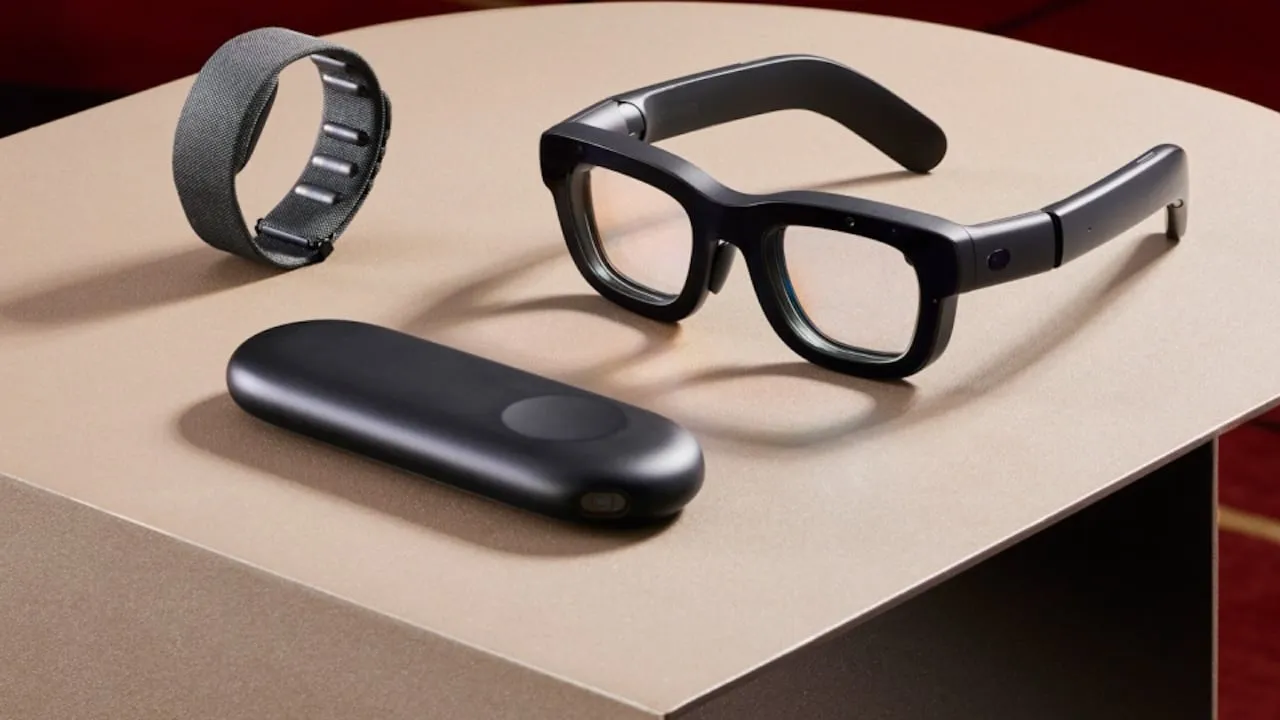Orion AR Glasses Set to Transform Digital Experiences with Contextual AI

Orion AR Glasses: A Leap into Enhanced Digital Experiences
Meta has officially launched Orion, hailed as the most advanced pair of augmented reality glasses created to date. After five years of intense development, Orion bridges the gap between the physical and virtual worlds. Users can maintain presence while accessing an abundance of information, effectively making them the center of their digital experiences.
Lightweight Design and Immersive Multitasking
The spectacles embody a lightweight design, ensuring compatibility for both indoor and outdoor use. Orion outshines conventional mixed reality headsets by allowing users to maintain eye contact and perceive others' expressions, fostering a connected social experience. This innovative design initiative aims for everyday usability, integrating cutting-edge functionalities that users can comfortably wear.
Ground-breaking Holographic Displays
- Equipped with large holographic displays
- Utilizes physical environments for 2D and 3D content
- Empowers immersive multitasking and interactive digital settings
Orion's prominence lies in its largest field of view within the smallest AR form factor as it incorporates miniaturized technologies generally found in VR or MR headsets. This leap allows use cases ranging from life-size holograms to expansive multitasking windows, enhancing user engagement.
Reimagining Everyday Interactions
Even in the prototype stage, Orion showcases exciting possibilities. Users can access Meta AI to receive dynamic visualizations informed by their surroundings. For instance, while cooking, users can request recipes based on available ingredients or connect with friends via video calls—all without extracting their smartphones.
Future Prospects and Market Release
Although currently not available to consumers, Orion reflects a polished prototype, setting a solid foundation for upcoming products. Meta's objective includes enhancing AR display quality, optimizing the form factor, and improving production scalability to support accessibility.
This article was prepared using information from open sources in accordance with the principles of Ethical Policy. The editorial team is not responsible for absolute accuracy, as it relies on data from the sources referenced.